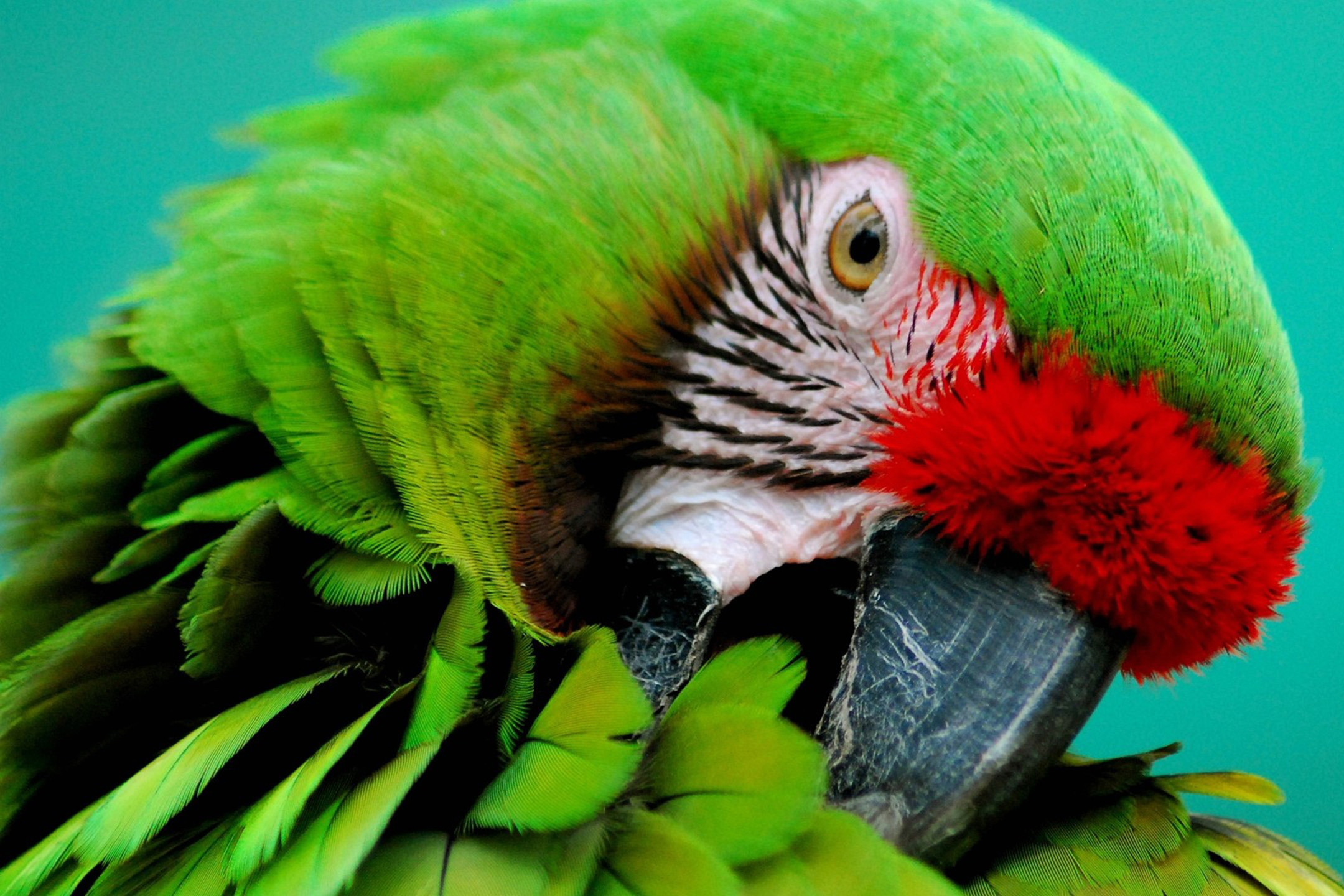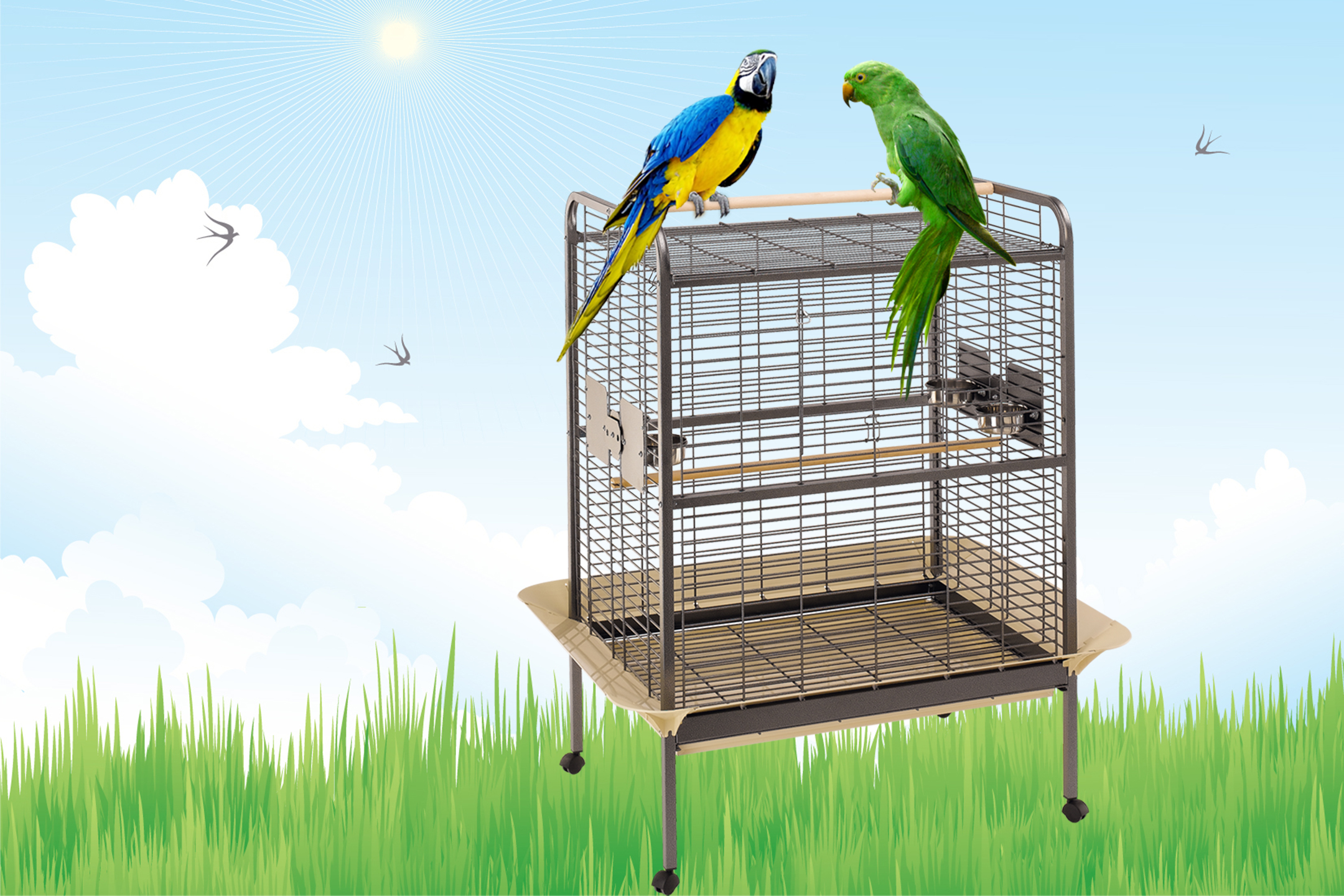Some weeks back, we told you the story of Paolina and her much beloved parrot Kiwi, always sitting on her shoulder everywhere she goes. Adopting a parrot means adding to your family a faithful and highly intelligent pet, but it also means knowing the rules that must be followed to avoid unpleasant situations, especially when you adopt a very young specimen.
Parrots are truly intelligent animals. Their cognitive skills are like those of a 4-year-old child. Fantastic, isn’t it? Many parrots are raised “by hand”, which means that right from their first days out of the egg, the breeder takes the place of Mama Parrot, so that the chick gets used to human presence and considers men their friend for the rest of its life. Parrots raised in this manner are particularly sociable, and are very easy to train.
Just looking at their bright colours is enough to cheer us up, and their ability to imitate human voices makes them unique in the animal kingdom. For these reasons, countless families have decided to adopt a parrot.
If you have taken the decision to buy a parrot, you must first prepare his house properly. The cage must be very roomy and manufactured with non-toxic materials that don’t peel, such as Ferplast’s Expert: its solid metal structure and very thick wire for the mesh (4-5 mm of diameter), it’s protected by anti-scrape paint, and is available in 3 different sizes. It comes with sliding ceiling, stairs on the rear and wooden roost, so your parrot can go for a little walk in absolute safety.
Your new friend must feel like he’s part of the family. This means you should place his cage in the most trafficked area of the house, always being very careful not to expose the parrot to unclean air, such as in the kitchen.
Important information: parrots love to sleep! They nap for 11 to 12 hours a day. When nap time comes, move his little home to a dark, quiet place.
Water is an important element for your bird; he must have free access to it every day, to drink and to clean himself. Don’t be alarmed if he throws himself in the water; this is perfectly normal! Quite the contrary: if your parrot isn’t washing often enough, try sprinkling some warm water on him to encourage him to get wet.
Parrots can be noisy, and taking care of one may become a commitment we hadn’t truly considered beforehand. Dedicate some time to think about it before you make such a choice. Your parrot will be with you for many years, sometimes much more than any other pet, and you must make sure he’s faring very well indeed in your company.


